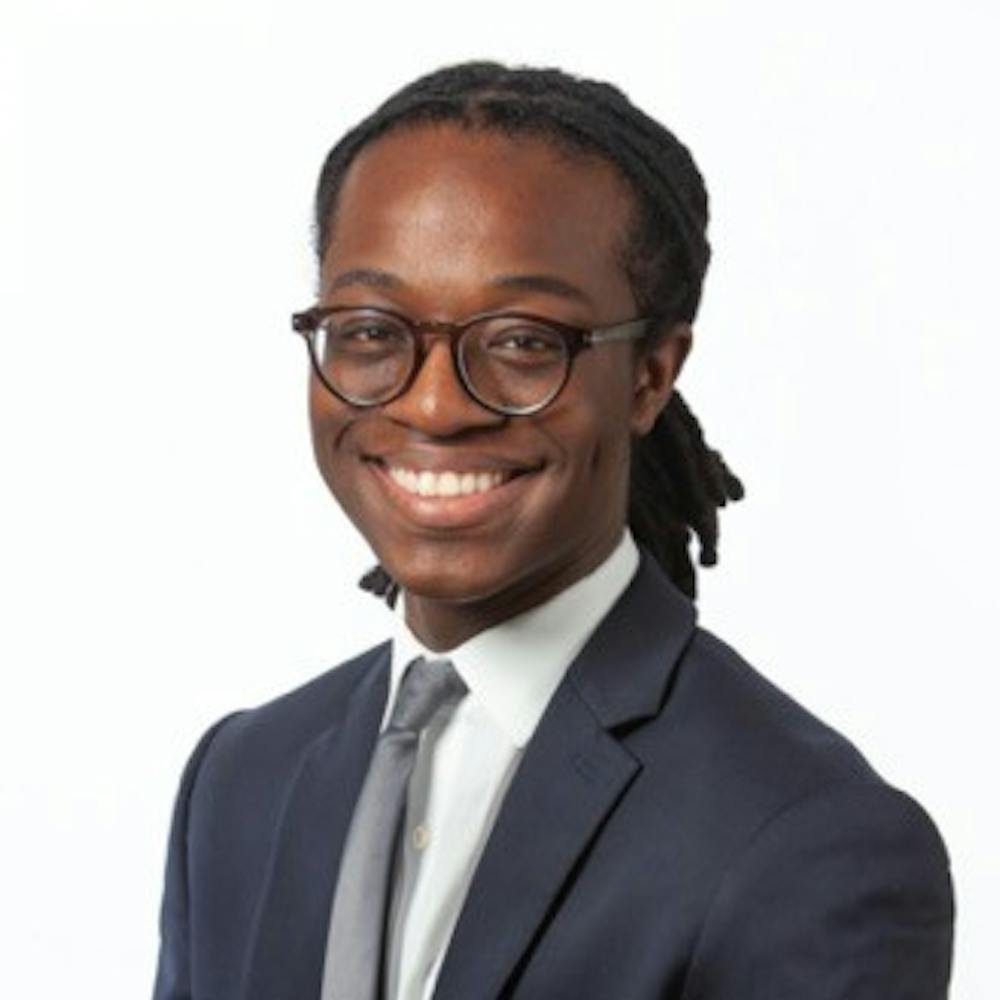The past year has marked a shift in journalism.
The nation’s racial reckoning sparked by the murder of George Floyd led newsrooms to reevaluate their approach to objectivity via racial equity frameworks. As a Black journalist myself, this shift inspired me to think critically about the specifics of my experiences and how diverse identities are necessary for journalism despite the industry under-appreciating and often disregarding them.
I’m incredibly excited to be The Daily Tar Heel's Diversity Equity and Inclusion Officer for the 2021-2022 school year. I’m a rising junior at UNC studying political science and journalism. I am also the style editor for Coulture magazine and the host of my own podcast SegreGAYtion, which centers on the experiences of Black and brown LGBTQ+ men.
In addition to my own experiences, my interest in becoming the DTH’s DEI officer stems from my own disillusionment with diversity often not being accompanied by genuine inclusion and barrier-breaking equity. To be frank, the DTH’s relationships with marginalized communities are broken because of shortcomings that the paper has yet to adequately address. It is my intention as DEI officer to shift the newsroom away from its historical exclusion and to move toward healthier relationships with minority readers and staffers.
Nationally, there is a lot of lip service given to DEI efforts that often leave the groups intended to benefit from those efforts with feelings of resentment and distrust. As a newspaper intended to inform, uplift and connect, the onus is on the DTH to hold itself accountable for its failures. We need to recognize and respect all of our audiences, especially those we haven't in the past, and do so in a manner that isn’t hollow or self-serving.
My first initiative as DEI Officer at the DTH will be to learn from those who matter most — our readers. I want to learn where we’ve fallen short, what we could still improve on and how our past mistakes have impacted your relationship with the paper. Additionally, I’m interested in doing direct outreach work with the specific groups that have been harmed by our past coverage (or lack of coverage) and rebuilding bridges between the DTH and these groups to ensure comprehensive and equitable reporting in the future.
I do not see this position as titular, but instead as a position that is a combination of patience, dedication, accountability and willingness to be uncomfortable. Without authentic diversity, equity and inclusion commitments, journalism loses its meaning as a service to communities.
I am determined to ensure that the DTH continues to serve the UNC community by making sure that it puts in the work where it counts and guaranteeing that the paper is made better because of that work.



